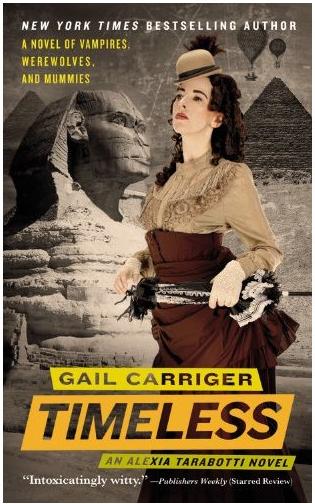Tarr presents a historical fantasy set in Egypt in the 12th century about a young man who is turned into a horse for punishment and must undergo harsh lessons in order to be returned to human form. (blurb from Goodreads)
I decided to read this book based on the author’s article where she talks about certain problems with C.S Lewis’ The Horse and his Boy. She says
“Aravis reminds me of why I wrote A Wind in Cairo, which is partly about correcting the issues I saw in The Horse and His Boy, and mostly about girls and horses. And the Crusades. From the other side.”
 And lets face it, that sounds plain awesome!
And lets face it, that sounds plain awesome!
And I loved the book. I think that if I had read it as a teenager it would have been one of those books I read and reread and then reread some more.
Tarr’s writing is just so easy to read, and it is so evocative. You feel as though you are in the middle of the scenes.
But, there is a huge issue at the heart of this book. And that is, the crime Hasan is being punished for is rape. And I know a lot of people won’t want to read the story of a rapist’s redemption. It is a very understandable reaction.
I was very very worried that it was going to be a romance story between Hasan and the woman he rapes1 but that is very definitely not on the cards. The reaction of the Hajji2 when he discovers what Hasan has done is, thankfully, outrage, anger, and disgust at what Hasan has done. There isn’t even the slightest hint of victim blaming.
Still, the story does revolve around Hasan learning just what a dick he has been and learning and growing.
But! but it is also the story of Zamaniyah and she is brilliant. I loved her character so much. After her brothers were killed in war he father decided that his only surviving child should be raised as though she were a boy. He doesn’t try to pretend she is male, she dresses as a boy and is educated as a boy. She is aware of all the benefits this brings her, but it also makes her an outsider, both to other women and to men. They all seem to distrust her. I really liked the way Tarr wrote her. She wants to do her duty, to do as her father commands, but she also knows that she cannot go on that way forever, and she isn’t really sure what she herself wants.
Despite the fact that Zamaniyah is being raised in a world of men Tarr introduces other women into the story. Some have just fleeting parts to play, others stick around for longer, like Wiborada, who is a Frankish prisoner/concubine. Her story is another that I’d love to see more of, but you can’t have everything in a book.
I do wish that Hasan has committed some other lesser crime. But then again, would a lesser crime have warranted being turned into a horse? And the crime he committed is never swept under the covers or minimised. Hasan is made to learn just what he did and how wrong it was. It takes time, and his journey isn’t smooth, but he does come to an understanding why his rape was so terrible.




The author name sounds slightly familiar. But this book is one I’ve not heard of. While you make it sound intriguing, I’m so overwhelmed with books I doubt I’ll follow through with obtaining, much less reading a copy. Nonetheless, I thank you for the review.
So many good books out there. Sometimes it can be hard to know what to choose.
Tarr has written quite a few books, I don’t think I’ve read too many but based on this one I’d certainly read more by her.